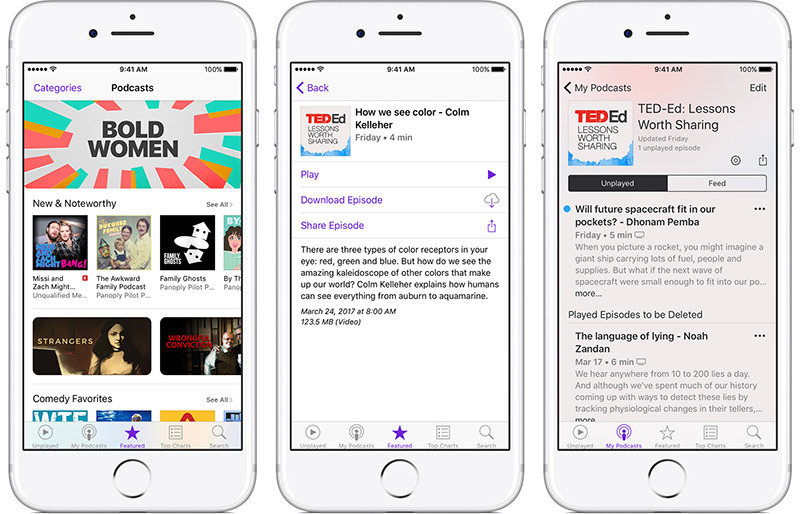The U.S. Court of Appeals for the Federal Circuit on Monday affirmed a Patent and Trademark Office finding to invalidate a notorious "podcasting patent" that "patent troll" Personal Audio used in lawsuits against big-name podcasters.
The CAFC decision brings an end to Personal Audio's years-long campaign to wield a single patent as a weapon against podcast creators and distributors.
Today's order arrives over two years after the Patent Trial and Appeal Board, on inter partes review, invalidated U.S. Patent No. 8,112,504 for a "System for disseminating media content representing episodes in a serialized sequence," IP that describes in general terms methods for subscriber-based digital audio distribution. The Electronic Frontier Foundation petitioned for the IPR in 2013.
"We're glad that the IPR process worked here, that we were allowed to go in and defend the public interest," Electronic Frontier Foundation attorney Vera Ranieri said in a statement to ArsTechnica.
A non-practicing entity, Personal Audio was founded by Jim Logan, who in the late 1990s attempted to market a digital music player. When the company failed, Logan turned to the '504 patent in an attempt to garnish licensing fees from well-known podcasters, including CBS, NBC, Fox and comedian Adam Carolla.
Carolla, for example, was sued in 2013 and fought the case until 2015 using some $500,000 of money raised from supporters. The parties ultimately ended the dispute with an out of court settlement.
Beyond the podcasting patent, Personal Audio leveraged related IP against tech companies like Apple, Google and Samsung, to varying degrees of success. One of the biggest wins came from the company's 2009 suit against Apple over iPod playlists, which ended in an $8 million payday for the NPE.
 Mikey Campbell
Mikey Campbell







-m.jpg)






 Charles Martin
Charles Martin

 Malcolm Owen
Malcolm Owen
 William Gallagher
William Gallagher

 Christine McKee
Christine McKee
 Wesley Hilliard
Wesley Hilliard









4 Comments
So now that this patent has been invalidated, is there any recourse for former victims of this patent troll who may have paid up or settled previous lawsuits?
Now that their moneymaker has been taken away from them, I hope Personal Audio and Logan saved the ill-gotten money wisely. But I bet they blew it all on hookers and porkchops instead.